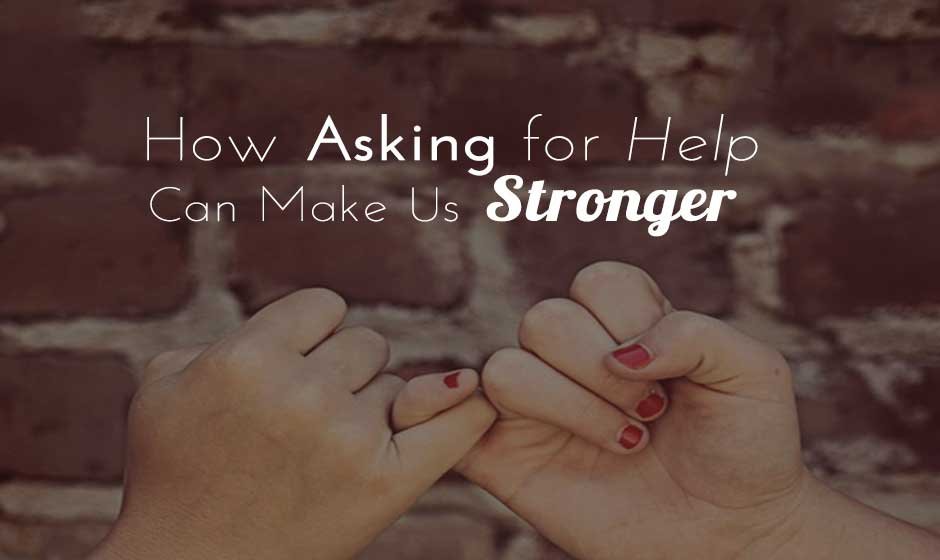Independence and self-reliance are celebrated in our world, which makes asking for help feel like admitting defeat. However, research shows that reaching out to others isn’t a sign of weakness – it’s a crucial component of maintaining healthy relationships and building resilience.
By understanding how seeking support actively contributes to your mental wellbeing, you’ll start to view asking for help as a powerful tool for personal growth.
It reduces cognitive overload
We’ve all been mentally overloaded at some point in time, and asking for support is one of the best ways to reduce this burden. It doesn’t matter if nobody else has the power to resolve your issue – their support can help you process and regulate your emotions effectively and come out of negative self-talk and isolation patterns.
Sometimes support comes in the form of being guided by someone more knowledgeable than you. A great example of this is when people hire a lawyer to pursue legal action when they’ve been wronged. Even innocent people need an attorney to build a strong defense and help them navigate an unfamiliar system.
“The law isn’t just complex—it’s a maze full of traps at every turn,” says a lawyer from SBBL Law. “Without proper legal guidance, even innocent people can find themselves facing devastating consequences.”
When your brain becomes overloaded with stress and anxiety, even at a low level, it can impair your ability to think clearly and make good decisions. The stress alone is bad enough, but making mistakes when you’re emotionally charged will only create further mental distress. Asking for help can keep this from happening.
You’ll collaborate better
If you’re the type of person who loves to be a perfectionist, you may not ask for help as often as you should. It’s common for people who have developed hyperindependence to also be perfectionists and unwilling to ask for help along the way. Regardless of where your perfectionist tendencies come from, it’s not an inherently healthy way of being.
While it’s certainly true that sometimes you can do something better than anyone else, a perfect outcome is not always the ideal goal or objective. Sometimes projects need to be completed on a specific deadline and good enough is good enough. Other times, the minimal viable product (MVP) needs to be somewhat barebones to allow for testing the basics before designing the more complex aspects.
Many times, when you work in isolation and never ask for help, you avoid the collaboration and teamwork required to deliver a more successful project.
You’ll preserve your physical health
It’s not just mentally and emotionally exhausting to try to do everything on your own – it also takes a toll on your physical body. For example, when you insist on doing difficult things by yourself, you’re more likely to feel stressed, and then your body will produce stress hormones like cortisol and adrenaline. When your body remains in this state for a prolonged period of time, it can increase your blood pressure, suppress your immune system, cause sleep disturbances, and more.
The worse you feel physically, the worse you’ll feel mentally. It’s all connected and will turn into a vicious cycle that makes you feel bad all around. It’s worth asking for help when you truly need support.
You’ll give others the chance to support you
Other people want to support you more than you may think. When you ask for help, you’re giving the people in your life the opportunity to feel helpful and do something good for another person. You’ve probably experienced feeling really good after helping someone with something difficult, and it may have even strengthened your relationship. Everyone wants to feel like they’re contributing to other people’s lives, and asking for help makes that possible.
You’ll build a support network
The more often you ask for help, even with small things, the more people you’ll have to call on when you need serious help (provided the help goes both ways). When you know you can count on certain people for support, and they know they can count on you, the result is a reliable support network of people who trust each other and know they don’t have to face anything alone.
Asking for help is a strength
Life isn’t meant to be lived alone. Reaching out for support plays an important role in your mental and emotional health. By allowing others to support you and returning the same, you not only strengthen your own resilience, but you contribute to a more supportive and understanding society.





